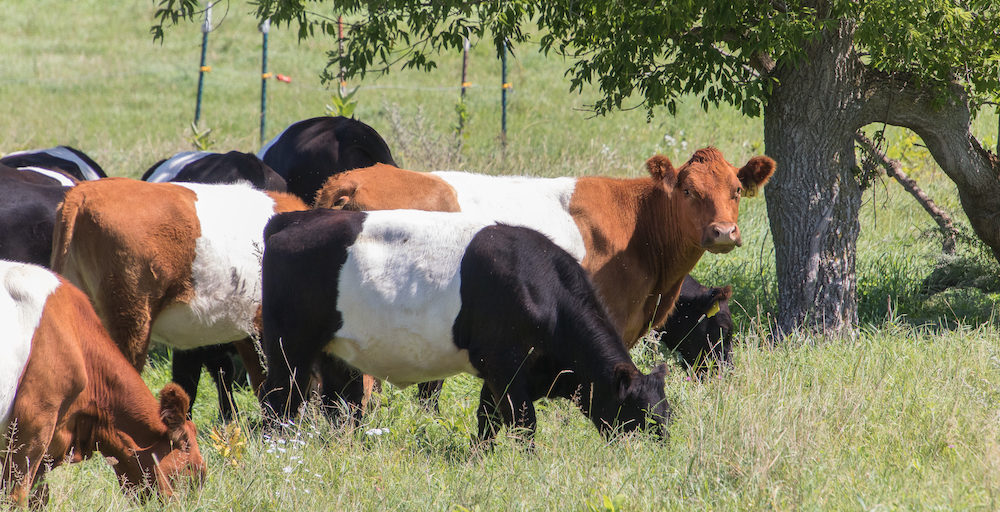CSA stands for Community Supported Agriculture. According to the United States Department of Agriculture, each CSA consists of a community of individuals who pledge support to a farm operation so that the farmland becomes, either legally or spiritually, the community’s farm, with the growers and consumers providing mutual support and sharing the risks and benefits of food production. Typically, members or “share-holders” of the farm or garden pledge in advance to cover the anticipated costs of the farm operation and farmer’s salary. In return, they receive shares in the farm’s bounty throughout the growing season, as well as satisfaction gained from reconnecting to the land and participating directly in food production. Members also share in the risks of farming, including poor harvests due to unfavorable weather or pests.
By direct sales to community members, who have provided the farmer with working capital in advance, growers receive better prices for their crops, gain some financial security, and are relieved of much of the burden of marketing.
Find a CSA Farm Near You Search National farm databases by city, state, or zipcode
Local Harvest – http://www.localharvest.org/csa/
AgMap – http://agmap.psu.edu/
Search the Business category for the term Community Supported Agriculture or use the Advanced Search to find a local CSA.
Wilson College, Robyn Van En Center, CSA Farm Database – http://www2.wilson.edu/CsaSearch/
The Eat Well Guide – http://www.eatwellguide.org/
Local Food Directories. U.S. Department of Agriculture, Agricultural Marketing Service. Includes directories of farmers markets, on-farm markets, CSAs, and food hubs.
https://www.ams.usda.gov/services/local-regional/food-directories
Local Food Directories. ATTRA – The National Sustainable Agriculture Information Service – http://attra.ncat.org/attra-pub/local_food/search.php







